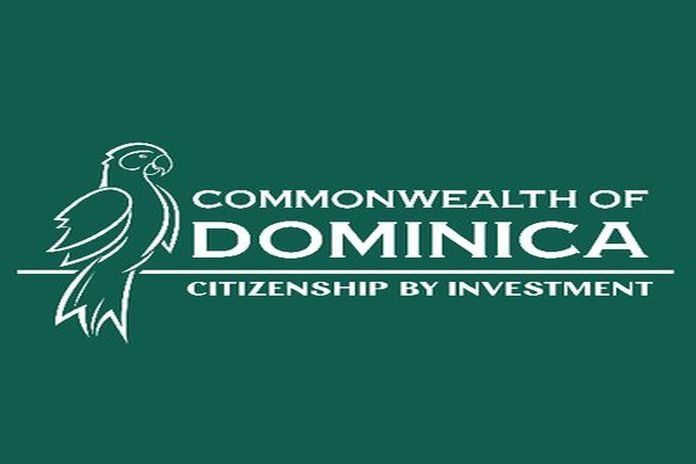ROSEAU, Dominica – On 17 July 2023, the Commonwealth of Dominica becomes the first country to introduce mandatory interviews with all applicants aged 16 and over applying for its Citizenship by Investment Programme (CBI). This step shows the country’s commitment to cooperating with international stakeholders and increasing due diligence processes, with the aim of reducing threats posed by illicit actors.
Dominica was one of the five Caribbean nations with CBI programmes who met US officials led by the deputy assistant secretary of the US Department of Treasury on 25 February this year. The US-Caribbean Roundtable deliberated the challenges faced by Caribbean CBI programmes and discussed opportunities that would enable the programmes to thrive.
One of the outcomes of the session was that all Caribbean CBI nations agreed to start conducting virtual or in-person interviews with each applicant.
As part of the application process, which includes submitting financial statements, proof of employment and identification documents amongst others, all applicants aged 16 and over will now be required to be available for the interview.
Dominica is continually praised for its strict and robust due diligence processes – a necessary risk mitigation activity that has enabled the country to protect both international investors and local citizens from unsavoury players.
The due diligence in Dominica is conducted by renowned due diligence and risk agencies from the United States and the United Kingdom, supported by local and international policing authorities. A multi-layer process is followed that includes vetting all documents received through online and on-the-ground checks.
Caribbean CBI nations have the most proactive and transparent approach to due diligence, something that enhanced their reputation within the international community and investors continue to be confident that their investments are safe thanks to the robust due diligence.
CBI Programmes continue to provide a legitimate source of foreign direct investment to many nations and facilitated the survival of Caribbean nations who continue to face an existential threat as Small Island Developing States (SIDS).
In Dominica for example, funds from the CBI programme have been used to build climate-resilient infrastructure, enhance public facilities and diversify the economy.
While the European Union and the United States have on many occasions threatened to dismantle the programmes, it is noted that such an action would severely compromise the prosperity and prospects of the countries, triggering a plethora of negative socio-economic consequences.
“We are serious and committed to the collective fight to safeguard our respective financial systems. We understand that this step will add another layer to our due diligence process and is a risk management framework to strengthen and safeguard the integrity of our CBI Programme,” noted prime minister Roosevelt Skerrit.
More on the US-Caribbean Roundtable
Caribbean leaders who attended the US-Caribbean Roundtable included: prime minister of Antigua and Barbuda, Gaston Browne; prime minister of Dominica, Roosevelt Skerrit; prime minister of Grenada, Dickon Mitchell; prime minister of St Kitts and Nevis, Dr Terrance Drew and prime minister of Saint Lucia, Philip Pierre.
Also in attendance was the Governor of the Eastern Caribbean Central Bank, the director-general of the Organisation of Eastern Caribbean States and a delegation of the government of the United States led by the deputy assistant secretary of the US Department of the Treasury.
The six principles that were agreed during the discussion were:
- Collective agreement on treatment of denials: Not to process applications from persons whose applications have been denied in another CBI jurisdiction, by proactively sharing information on denials.
- Interviews: Conduct interviews with applicants, whether virtual or in person.
- Additional checks: Each jurisdiction will run checks on each application with the Financial Intelligence Unit of its respective country.
- Audits: Audit the Programme annually or every two years in accordance with internationally accepted standards.
- Retrieval of passports: Request law enforcement assistance to retrieve revoked/recalled passports.
- Treatment of Russians and Belarusians: Suspend processing applications from Russians and Belarusians. All jurisdictions have already implemented this change.







